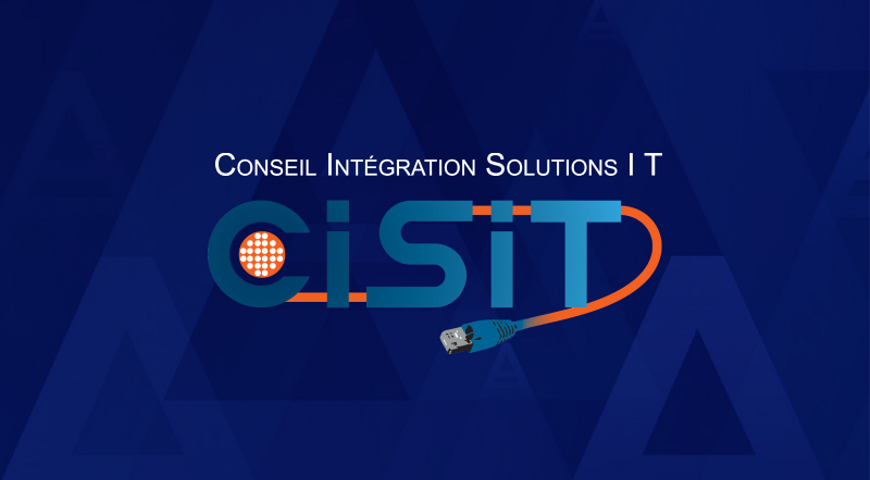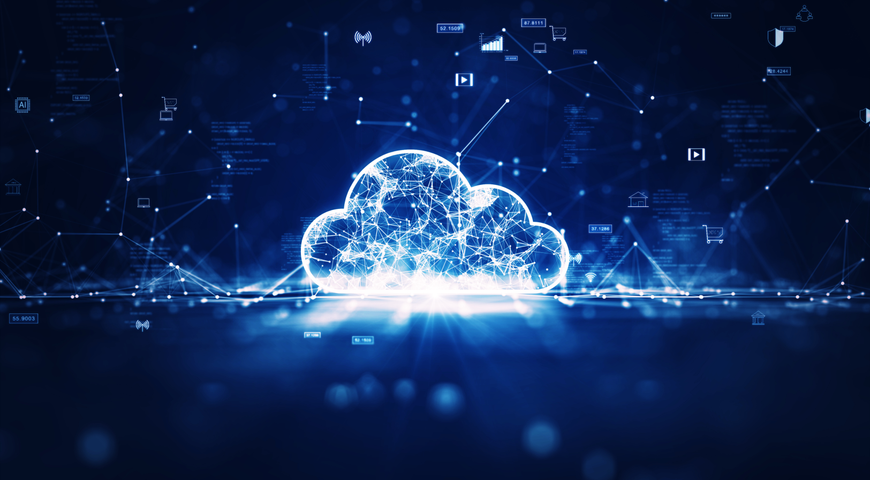Millennials represent the largest generational workforce demographic, the most eager participants in the growing gig economy, and the most technologically connected people in history. While many sources deride this always-online tendency, few focus on why such a strong connection exists – and even fewer examine how Millennials actually connect with their data and devices.
To fill this gap in the conversation, Acronis conducted a survey to learn how Millennials feel about two technologies they use most often to digitally interact: smartphones and social media.
Developing a Digital Identity...
New technologies have changed the way that people interact with the world around them. Millennials, as the first generation of digital natives, are the most agile in responding to these changes.
While most adults now own smartphones, for example, Millennials lead the way in terms of smartphone and social media adoption. They take an average of 900 photos a year and share them across social media platforms like Instagram (52 percent) and Snapchat (47 percent). That said, for many Millennials, these devices and platforms aren’t simply for socializing and selfies – they represent a holistic identity.
And the Threat of Losing It
In responding to the Acronis survey, 37 percent of Millennials said they value their online identity "a lot", while 14 percent reported that their online identities “mean everything to them”. Since the rise of social media and the gig economy, digital connectedness has become an integral part of Millennials’ social, professional, and civic lives.
That reliance revealed itself when 75 percent of those who lost their device and the data on it reported feeling devastated (19 percent) or upset (56 percent).
This emotional attachment to devices and the data on them is no surprise to the experts.
“Digital devices are important for everyone, but especially Millennials as they were the first generation to really grow up in the digital age,” said Sonya Veytsman, a therapist and social worker in New York. “As they age, memories, photos, and data are increasingly stored on these devices and if something happens [to them], the impact is felt both mentally and physically. If people lose possessions in a fire or even online, the feeling of loss is intense, even if they were compensated for it and were able to buy new items.”
Millennials use these technologies to chronicle and interact with every aspect of their life. They’re a store for both social connections and, with the expanding gig economy, professional livelihood. The loss of these devices – and the digital identity they contain – can feel staggering.
So, are Millennials "addicted" to screens?
It depends. Nearly a third (32 percent) of respondents told Acronis they check their phones more than 31 times a day. But that means the remaining 68 percent only check their phone one to three times an hour, which is not unreasonable.
Additionally, the survey revealed that Millennials were evenly split regarding their attachment to their specific device: 51 percent say they were not anxious when they were without their phone, while 49 percent said they were anxious (23 percent) or sometimes anxious (26 percent).
One potential reason behind these split responses is that Millennials have an inherent trust in the security of technology, yet they may not be protecting their information as well as they need to.
How do Millennials protect their identities and mobile data?
Data loss happens, even among Millennials, as evidenced by 51 percent of respondents reporting the loss of photos or data on their phone. That makes it interesting to see that 18 percent indicated they use neither a password nor facial identification to protect their phones. The good news is, a much higher portion of respondents (64 percent) use a password to protect their mobile data, while 19 percent had both passwords and facial recognition enabled.
Given how important smartphones have become for Millennials, this inconsistent security is surprising. Whether it’s the rapid innovations of technology or the cost of data protection, Millennials need to increase their focus on cyber protection to match their use and emotional attachment to technology.
Final Thoughts
Millennials check their screens more, identify with their digital selves more, and rely on their mobile devices more than any other generation. With Millennials emotionally attachment to the data that forms their digital lives, they need to do more to protect their digital "homes" from intruders. Using technology to back up and restore photos and data offers one way to create a safety net. With Acronis True Image, users can store their social media account information, pictures, documents, music, and operating system settings, then create a backup to allow them to restore the information quickly. Millennials can use Acronis True Image to sync all their devices, including smartphones and tablets, to the cloud and protect their data using artificial intelligence-based ransomware protection.
Don’t leave your personal data unprotected. Start your free 30-day trial of Acronis True Image today.
About Acronis
A Swiss company founded in Singapore in 2003, Acronis has 15 offices worldwide and employees in 50+ countries. Acronis Cyber Protect Cloud is available in 26 languages in 150 countries and is used by over 21,000 service providers to protect over 750,000 businesses.



